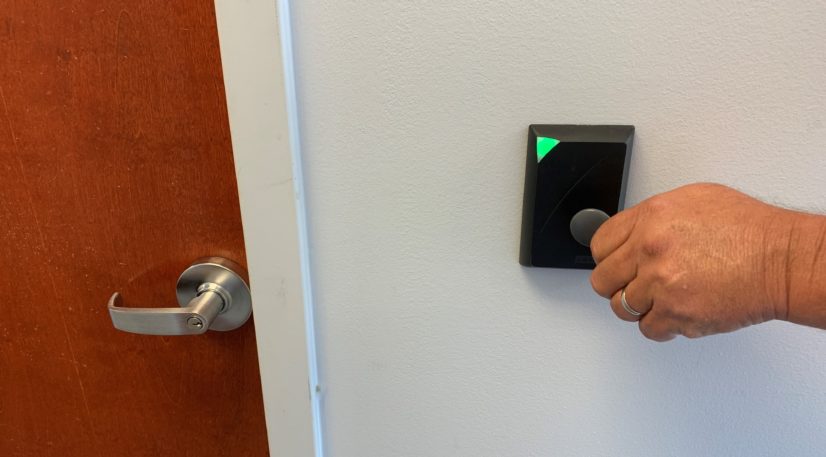Regardless of size or industry, all businesses and organizations must prioritize access control to help keep their people, property and assets safe. Access control refers to methods of physical security, such as locks, keys, key cards and IP-based security methods. Technology plays a key role in access control, as modern access control systems are tied to the network and utilize IT devices, functionality and administration systems to manage and operate.
Although all organizations should prioritize access control and most can benefit from IT-based access control, not all access control methods are created equal. In fact, there are various types of access control, and it’s important for business owners to understand the differences between them in order to choose the type that is best for their unique application.
Discretionary Access Control
One of the two main types of access control is known as discretionary access control. With discretionary access control, system administrators have control over the permissions of the systems. This means that a system admin can quickly and easily manage roles within the system, such as which employees can access a certain door and when. Discretionary access control systems tend to run on common operating systems, making them easy to learn.
Because this method is the least restrictive, which means administrators can easily reconfigure the system’s permissions as needed, and easy to manage, it tends to be a popular choice for many businesses. But from a security standpoint, it is not ideal to give one person all the authority over an entire system. These systems are also more susceptible to cybersecurity breaches such as malware and viruses that can cripple the system and steal user information.
Role-Based Access Control
Role-based access control, which is also referred to as non-discretionary access control, is the other main type of access control solution used by most organizations. With role-based access control, permissions are assigned based on the role an employee occupies within the system. For example, if a business has areas that are only to be accessed by management-level team members, a role called “manager” can be created within the system and then assigned to all employees who hold that role. Then, only those with the role of “manager” will be allowed to enter those privileged areas.
This is a popular and easy form of access control, as it is well defined and easy for the system administrator to set up. However, role-based access control is limiting because special case changes may be more difficult, if not impossible, to enact. For example, if an employee needs one-time access to a management-level only area, the system administrator would have to add unique permissions outside of their existing role within the system. In certain role-based access control systems, such as those based in the cloud, this is not a problem and is easy to do. However, it may not be possible for other systems depending on the specific infrastructure and configuration.
Mandatory Access Control
An additional, and the most restrictive, type of access control is called mandatory access control. This type of access control gives full and total control of the system and its access points to the system administrator. Users are provided with strictly defined permissions based on assigned credential levels. With mandatory access control, users can only be granted access to higher levels by the creation of an entirely new profile.
This version of access control is most ideal for organizations and businesses where maximum security is a must. Types of organizations that may benefit most from mandatory access control are government facilities, military facilities, large corporations and the like.
Taylored — Protecting Your Business
For over 35 years, Taylored has been creating custom access control solutions for businesses and organizations of all types and sizes. We work one-on-one with our client partners to create an access control plan that is ideal for their unique security needs.
Contact us today to find out what type of access control solution is best for your organization, and let us help you protect your business.

